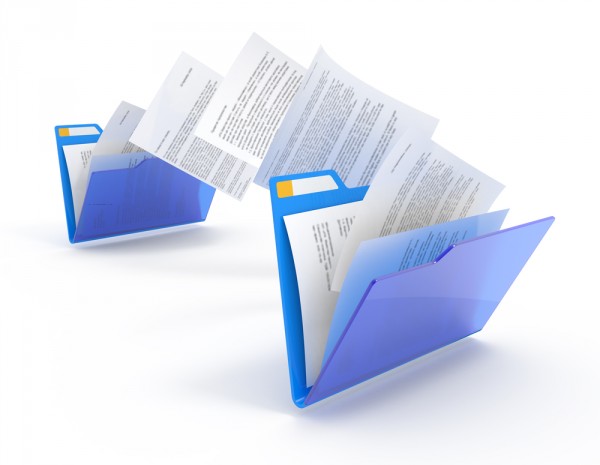
O&O AutoBackup 2 adds new features, optimizes Windows 8 support
Berlin developer O&O Software GmbH has released O&O AutoBackup 2.0.18, a brand new version of its file backup and sync tool for Windows. Also available as a 64-bit build, version 2.0.18 adds a number of new features and options to its roster, while promising optimized support for Windows 8.
O&O AutoBackup allows users to quickly, easily and automatically backup and synchronize selected files and folders with external backup devices, and is designed to integrate with Windows Explorer.

Samsung Galaxy S II finally gets a dose of Android 4.1 Jelly Bean
Ever since leaked ROMs started to surface, more than two months ago, it was obvious that Samsung was planning to officially release Android 4.1 Jelly Bean for the popular Galaxy S II smartphone. The only question at the time was: When?
At the time of writing this article Android 4.1.2 Jelly Bean, build number JZO54K, is available for the international variant of the Galaxy S II (codename "I9100") in Spain, with other European markets likely to follow in the upcoming period. The available official distribution comes hot off the press as it ships with a January 14 time-stamp.
With the latest official build, Galaxy S II owners can expect a revamped Touch Wiz skin, with design cues borrowed from the Galaxy S III and Galaxy Note II user interfaces. The most noteworthy improvements over the previous build, based on Android 4.0 Ice Cream Sandwich, include Project Butter for increased responsiveness and fluidity, redesigned lockscreen, and new widgets, as well as an updated notification bar with a higher toggle selection.
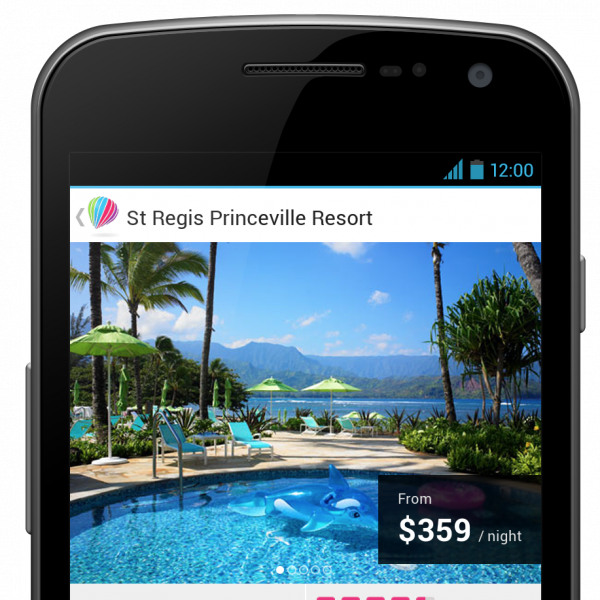
Travel app Gogobot arrives on Android
There are many fine travel apps for the Android platform, some of which I detailed previously. However, I left out "actual travel apps" in favor of covering more esoteric ones that readers may find useful. But now one of the better services has made its way to the Google mobile devices, with the launch, just now, of Gogobot.
The site has long been a staple on the web and, more recently, on iOS. However, Android customers were left out in the cold until this morning.
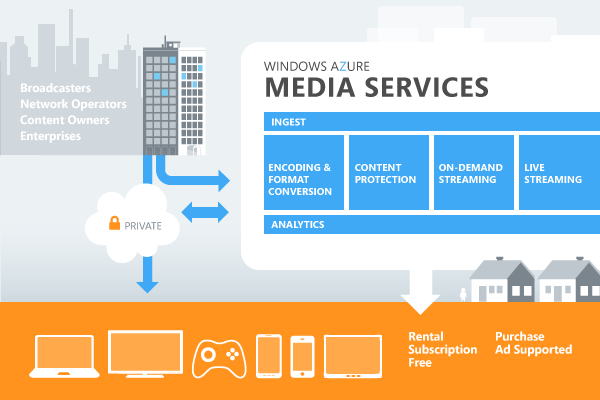
Microsoft takes the wraps off Windows Azure Media Services
Microsoft's efforts to improve the company's cloud platform, Windows Azure, most definitely do not fly under the radar. Over the past few months the software giant brought Windows Azure Services to Windows Server 2012, introduced a plethora of new features for its cloud platform, updated the Windows Azure SDK for .NET and, on Tuesday, announced the general availability of Windows Azure Media Services.
Windows Azure Media Services is basically a Media Platform as a Service or PaaS, as Microsoft likes to call it, that allows users to implement video streaming, using various formats, to Android, HTML5, iPad, iPhone, Xbox, Windows 8 or Windows Phone, among other supported clients. Developers can control Windows Azure Media Services through REST APIs or Java SDK and .NET SDK in order to build an automated media workflow which can upload, encode and stream video.
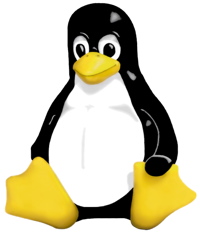
Get Linux: the perfect way to find and download the distro you want
If you’re an old hand at Linux then downloading a specific distribution won’t be a problem. You’ll probably have your preferred distro bookmarked already, if not a quick search will turn up the necessary links and you’ll be downloading the appropriate files in a few seconds.
If you’re a total Linux newbie, though, it’s a very different story, and just figuring out which variations might best suit your needs may seem like a major challenge. But fortunately help is at hand in the shape of a small Windows tool called Get Linux.
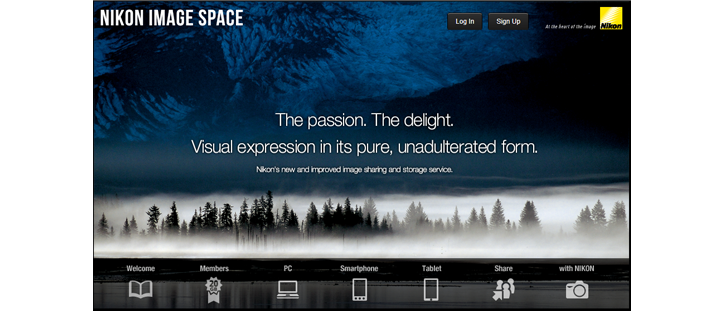
Nikon announces Image Space, a new photo-sharing service
Nikon is to launch a new online photo-sharing service on January 28. The successor to the Japanese firm’s my Picturetown will be open to all, although Nikon camera users will be able to upgrade to a special account with increased storage and advanced features, for free.
The basic version of the service will give users 2GB of online storage. Nikon owners who upgrade through the dedicated verification app will get 20GB, and the option to password protect images and restrict downloads.

Google Q4 2012 by the numbers -- $14.42B revenue, $8.62 EPS
Today, I formally begin covering Google earnings, as I have done for Microsoft (a decade) and Apple (about six years). This first report won't be as thorough as the others, as I get my head around the financials, which share little in common with APPL and MSFT other than money. Today's earnings announcement is refreshing respite from third quarter's, when an incomplete press release pushed out early and while the market was open.
For calendar fourth quarter, revenue rose 36 percent to $14.42 billion, year over year; net revenue, excluding Traffic Acquisition Costs, was $9.83 billion, up from $8.13 billion. Net income climbed to $2.89 billion up from $2.71 billion. That's $8.62 earnings per share, including costs associated with discontinued operations. Operating income was $3.39 billion, down from $3.51 billion year over year.

Milouz Market keeps free software up-to-date
Managing the software on your PC can sometimes feel like a full-time job, as you have to find the best applications, download and install each one, then do your best to keep them up-to-date.
If you have better things to do with your time, though, you could just install Milouz Market, which can manage a lot of this almost entirely automatically.

What you need to know about Microsoft's 'New Office'
Even though Microsoft's lips have been sealed shut on the topic, launch of Office 2013 (and the new Office 365) is imminent. Speculation is fueled by the Office 2013 available on its Home Use Program (HUP) website, something which has customarily preceded most prior Office launches. If the show is about to begin, then all of these preparatory charades are quite the indicator.
Martin Brinkman provided a wonderful in-depth preview on Office 2013 this past summer, and the great majority of what he covered is still valid in the final bits. I've personally been using a MSDN copy of Office 2013 Pro Plus since about late October and am quite pleased with the product. Ever since Microsoft dabbled with x64 capability in Office 2010, in-house developers increased memory and security aspects that 64-bit provides and the result is a smoother, safer Office experience. Microsoft posted a long Technet article on the benefits of x64 Office 2013 this last summer.
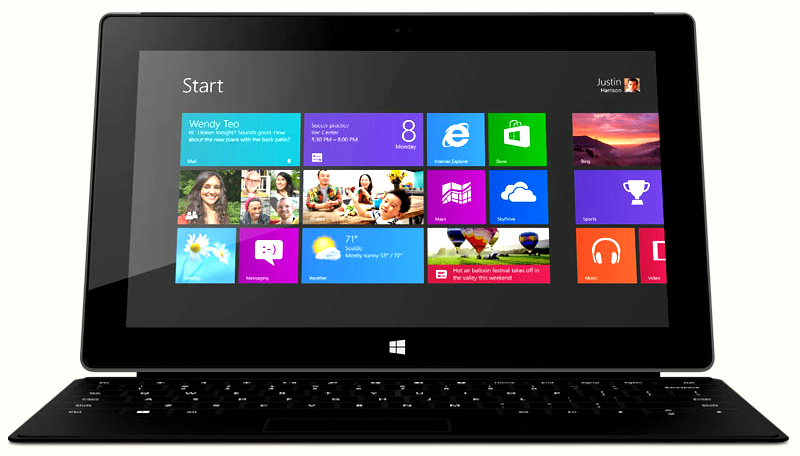
Surface Pro goes on sale February 9th
Nearly three months ago, Microsoft debuted the Surface RT tablet alongside its brand new operating system, Windows 8. Things have not been all-rosy since that fateful day in late October, and rumors of both failure and success run rampant. But all the while the company kept what is, perhaps, its trump card in hand -- the Surface Pro.
This is the tablet that Microsoft expects to be the big player, the one that will win over business users. Now we finally have some details about what to expect.

My 5 really big, unbelievable tech predictions for 2013
Most analysts, journalists and pundits use the new year to rattle off lists of what might be. Well, my inside sources were on vacation over the holidays and then at the Consumer Electronics Show. This week I finally hooked up with them and can finally make some safe bets on what's ahead. The delay gives me one-month edge on everyone else -- 11 to be right.
You will be shocked by this 2013 will-be list. BetaNews uses nothing but the finest sources, culled through constant pestering, home phone calls and secret online and parking garage meetings. With that, I present the Big 5.

Ashampoo 3D CAD Professional 4 gets budget price
Ashampoo has released 3D CAD Architecture 4 and 3D CAD Professional 4, the latest editions of its interior and exterior design tools.
And both programs are improved this time by the extended Project Wizard, now an even easier way to start your new design project. Choose your basic building floor shape, enter the dimensions, specify the number of floors and your preferred roof design and that’s it: even if you’ve never used this kind of tool before, you can have the core building shell created within a few moments.

Mega’s security not so mega? New tool reveals passwords stored in confirmation emails
Kim Dotcom’s new cloud storage and file-sharing site Mega is unquestionably a huge hit, racking up registrations like crazy. After an hour the site had received over 100,000 sign-ups, and was up to half a million registered users in the first 14 hours. According to a new tweet from Dotcom, it’s currently seeing 60 uploads a second.
Mega has made a big deal about security and privacy, with the site offering what it calls User Controlled Encryption, or UCE. All files stored on Mega are automatically encrypted, as are data transfers to and from the site. Users hold the keys to their own files so Mega’s staff don’t know what’s being uploading or shared, a move designed to protect the site from the authorities. However, despite all this promising security, it turns out the site may not be quite as safe as billed.
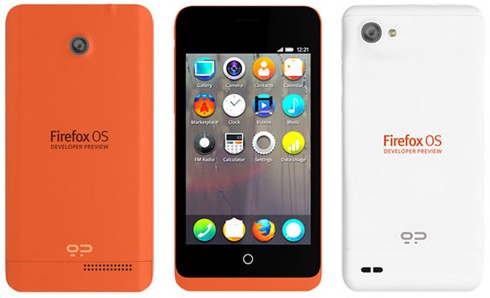
Meet Keon and Peak, the two Firefox OS developer preview phones
Firefox OS is anything but a secret with Mozilla releasing important details down the road since its unveiling and even an eye-opening operating system simulator, the latter introduced little more than two months ago. Frankly, the only important missing piece of the puzzle is the hardware on which Firefox OS is designed to run.
Mozilla decided to shed some light on the matter and through Geeksphone, that works in conjunction with Telefonica, revealed two developer preview phones, dubbed Keon and Peak. Spoiler alert: If you're hoping to see two LG Optimus G Pro devices in disguise you're in for a big surprise.
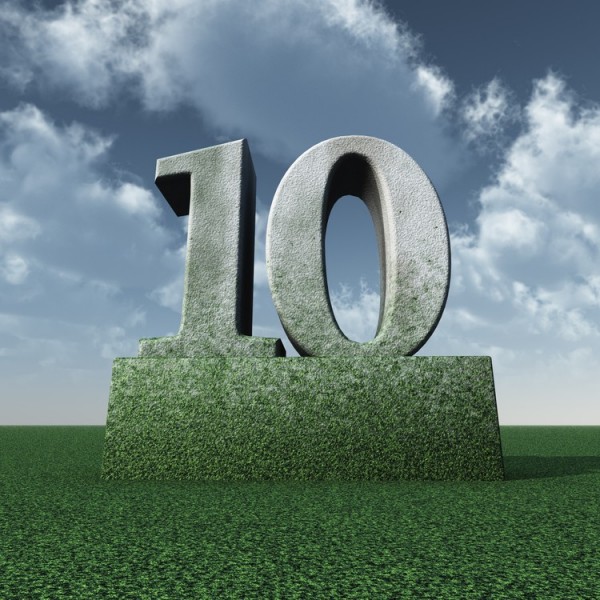
BitTorrent is alive and well -- isoHunt turns 10 years old
Despite the best efforts of the MPAA, RIAA and even the U.S. federal government, file sharing and BitTorrent are alive and well. While Kim Dotcom has launched his new Mega site (not BitTorrent tracking, just file storage and sharing) and the Pirate Bay has managed to survive despite jail sentences for the founders, many sites continue to operate without any real interruption or even mainstream notice.
One of those, isoHunt, has managed to make it to the grand old age of ten. The birthday celebration is not big, but the occasion warranted a post from the founder today.



